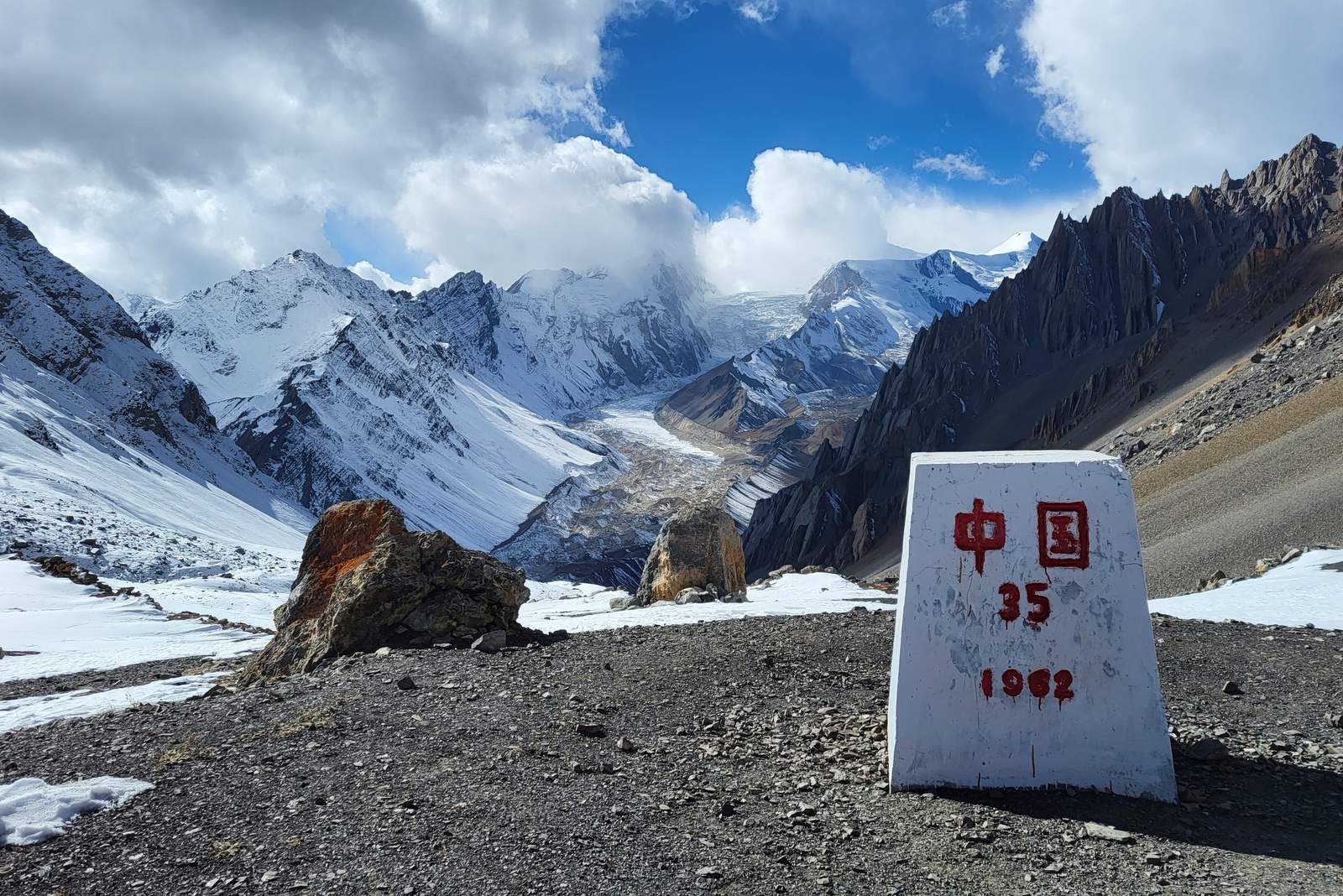Nepali Traders Face Harassment and Abuse After Gorkha Border Reopens for Trade

After months of anticipation, the border passes in Gorkha have reopened, allowing locals to cross into China for trade. However, what was meant to be a positive development has turned sour as Nepali traders returning from the Syak market have shared disturbing accounts of harassment, abuse, and mistreatment by Chinese security personnel and traders.
On Bhadra 5 (August 21, 2024), the Rui La pass, located in Chumanubri Rural Municipality-1, was opened after a long hiatus. A similar reopening was announced for the Nguila pass in Ward No. 7, allowing limited access starting on Bhadra 4. The reopening of these key trade routes sparked excitement among locals, particularly from the Chumanubri region, who had been cut off from cross-border trade for a significant period due to the pandemic and other restrictions.
The locals, mainly involved in small-scale trade, herbal product sales, and the purchase of daily goods, were hopeful that this reopening would help revive their livelihoods. However, their optimism quickly turned into despair as they faced an array of challenges upon crossing the border.
Many of the traders who crossed into China reported that they were subjected to heavy scrutiny and intimidation by Chinese security forces stationed at the border and in the market areas. According to traders, the security personnel took photos of every individual who crossed the border and sent them to Chinese security teams in the Syak market.
“When we arrived in Syak, we were taken to a large shopping complex where the doors were shut behind us. Anyone who attempted to leave or wander outside was met with violence,” a trader shared. He further described how Chinese security guards physically assaulted locals if they were found walking out of designated areas. "It felt like we were under constant surveillance, with no freedom of movement," he added.
Aside from the abusive behavior of the security forces, the Nepali traders faced discrimination from Chinese merchants as well. One trader expressed his frustration with the unfair trading conditions. “The prices of goods in the Syak market kept increasing daily, and we were not allowed to choose which stores we could buy from,” he said. "If we tried to shop at other stores, we were stopped by the guards and forced to buy from specific shops."
Many of the traders also reported that they were not allowed to sell their own goods, such as herbal products, at fair market prices. “We couldn’t compete with the Chinese traders. We had to sell our goods at the prices they set, and they refused to buy from us at reasonable rates,” he added.
The Nepali traders were also unable to settle old trade accounts with Chinese merchants, further adding to their frustration. “While some Chinese traders came to collect their dues from us, we weren’t allowed to meet with the Chinese buyers who owed us money,” said another trader. “It felt like we were being systematically cheated.”
The villagers expressed their disappointment at the lack of support from their elected officials. Despite the serious nature of the harassment and mistreatment they faced, no one from the local government had raised their concerns with the higher authorities. “We felt abandoned. Our leaders didn’t speak up about the injustices we faced, and as a result, we were treated like second-class citizens,” lamented one villager.
Adding to their grievances, some villagers reported being forced to carry goods, including yak chowries, for the Chinese traders. The practice of coercing Nepali traders into doing menial labor in the Chinese market has sparked outrage among the local population. “We were treated more like laborers than traders,” said one of the affected villagers.
The traders have now called on the government and local authorities to take immediate action to address the mistreatment they faced. They are demanding diplomatic interventions to ensure fair treatment of Nepali traders in Chinese markets and to protect their rights while engaging in cross-border trade.
What should have been a welcome opportunity for economic recovery has instead become a source of distress for the people of Chumanubri. As the border remains open, there is growing pressure on the government to take action and ensure the safety and dignity of Nepali traders. Without proper intervention, the abuses faced by these traders may continue, leaving a long-lasting impact on cross-border relations and the local economy.
The locals, feeling disheartened and helpless, hope that their voices will finally be heard and that they will not have to face such indignities again in the future.




![From Kathmandu to the World: How Excel Students Are Winning Big [Admission Open]](https://nepalaaja.com/img/70194/medium/excel-college-info-eng-nep-2342.jpg)
